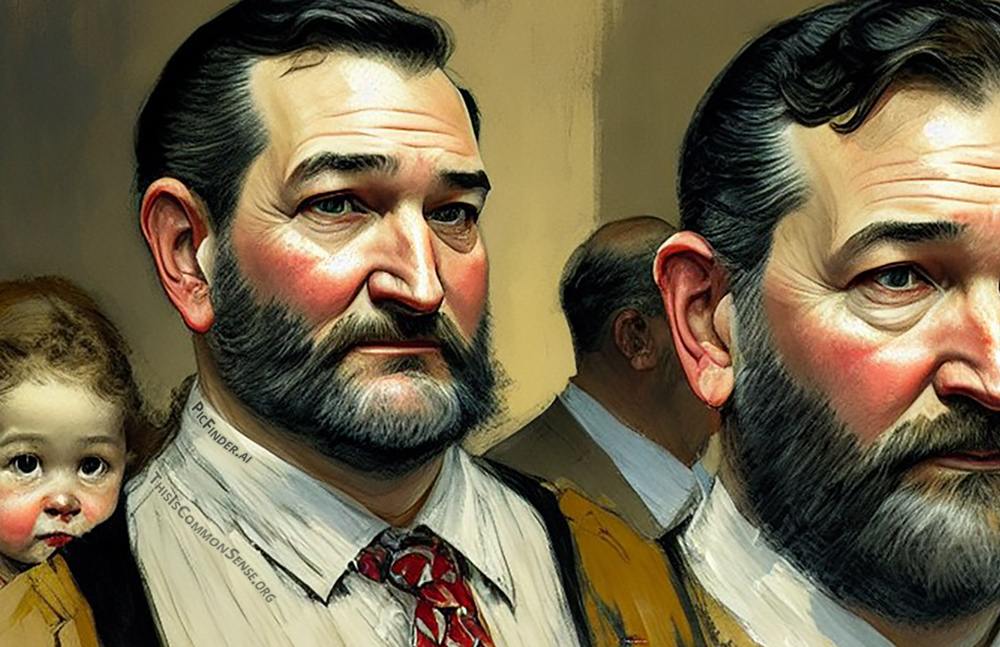In 2015, the Hillary Clinton campaign exhibited the hubris for which politicians have been associated since the dawn of civilization.
Instead of relying on a strategy of promoting Hillary herself, Clinton insiders plied what they called “Pied Piper candidates,” Republican hopefuls who, they theorized, would shift mainstream candidates further “right,” thus making the ultimate winners unpalatable to enough general election voters to win Hillary the election. There were three they identified: Ted Cruz, Ben Carson, and Donald Trump.
We know how this worked out.
In California, Democrats are returning to
The serpentine Adam Schiff, who is running to fill the slot formerly occupied by Senator Diane Feinstein, has directed $11 million in the primary “to elevate a GOP candidate,” according to The Washington Post.
“The ads argue that Republican Steve Garvey — a congenial former pro baseball player for the Los Angeles Dodgers and San Diego Padres who voted twice for Donald Trump but won’t say if he will do so again — is too conservative for California and highlight his recent surge, in an apparent effort to consolidate support for him on the right.”
The idea is to boost Garvey with Republican primary voters in hopes that Garvey takes the second of two spots available for the November election under California’s Top Two system, becauseSchiff’s people think Garveyis easier to defeat than liberal Democrat “Rep. Katie Porter, whom Schiff and his backers would prefer to avoid facing come November in this left-leaning state.”
But can this strategy really work in California? The ads portray Garvey as more Trumpian than he probably is, and recent polling suggests that Schiff and Garvey are now neck-and-neck.
A review of the Clinton metaphor, “Pied Piper,” shows how slippery the strategy can be. The “Pied Piper of Hamelin” is a cautionary tale.
The Democrats’support may go the way of rats
This is Common Sense. I’m Paul Jacob.
Illustration created with PicFinder and Firefly
—
See all recent commentary
(simplified and organized)









